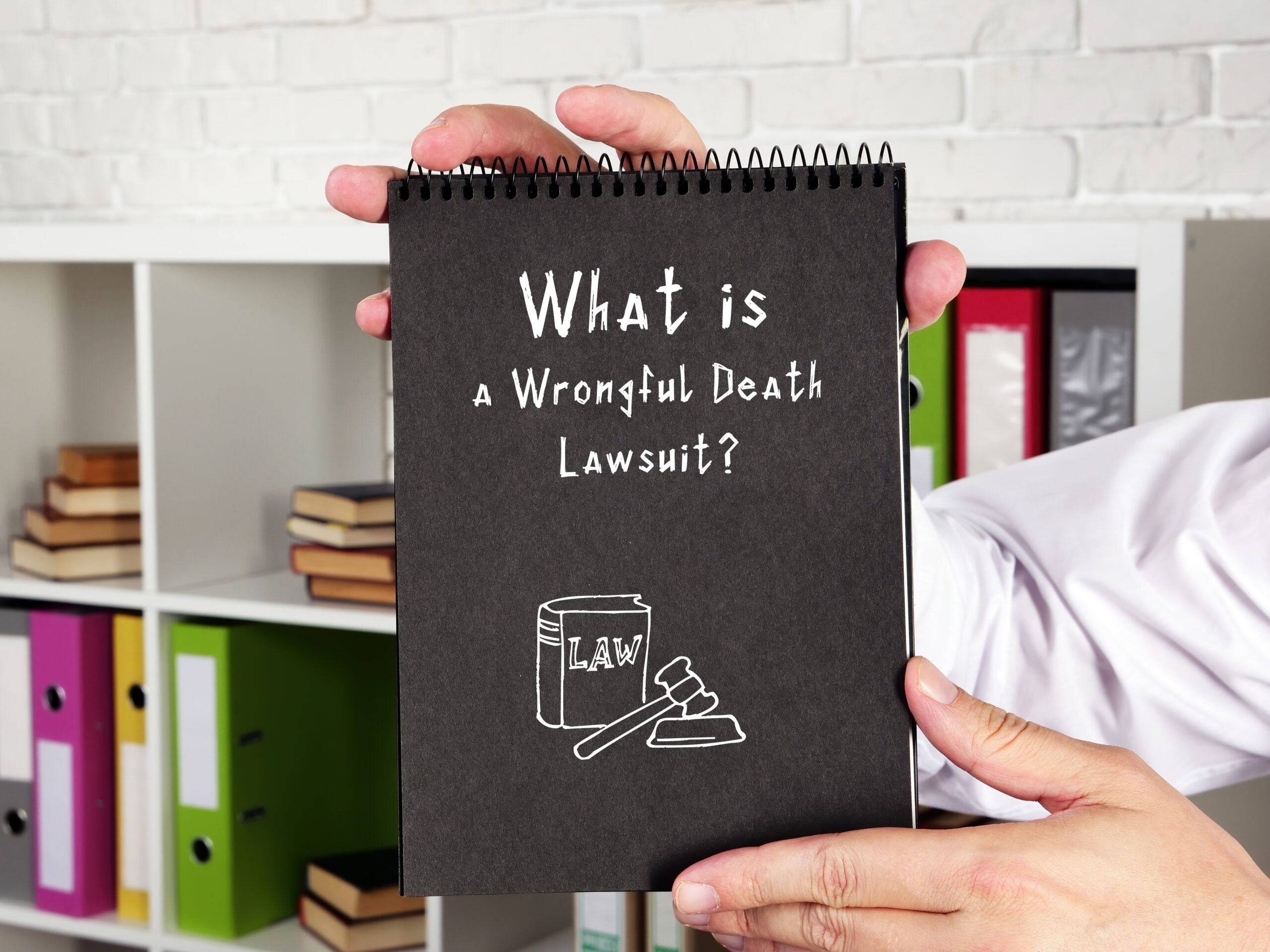Florida’s motorcycle helmet law creates unique choices for riders that differ significantly from most states. While only 17 states and D.C. require helmets for all riders, Florida allows qualified riders to feel the wind in their hair—but this freedom comes with important legal and financial considerations. Making an informed choice about helmet use requires knowledge of legal requirements and potential consequences.
Florida changed the law in 2000 to permit riders aged 21 and older to ride without helmets if they meet specific insurance requirements. However, this choice affects more than just your riding experience. The decision impacts everything from insurance costs to potential injury compensation if an accident occurs.
Key Takeaways for Florida Helmet Law
- Riders 21 and older may ride without helmets if they are carrying at least $10,000 in medical benefits coverage.
- Florida requires eye protection for all riders and passengers per §316.211(2).
- Choosing not to wear a helmet may affect injury compensation but doesn’t automatically bar recovery.
- Florida treats helmet violations as nonmoving infractions.
- Passengers must meet the same age and insurance requirements as operators.
Florida Helmet Law Basics
Florida Statute 316.211 governs motorcycle helmet requirements throughout the state. The statute creates a two-tier system based on age and insurance coverage. Riders under 21 must wear helmets regardless of insurance coverage or riding experience. This requirement applies to both operators and passengers, with no exceptions for private property or low-speed riding.
The change from universal helmet requirements reflected Florida’s emphasis on personal choice while maintaining minimum safety standards. The current system balances freedom with responsibility through insurance requirements.
Coverage terms vary by plan. Riders may confirm motorcycle injury coverage before riding, since local ordinances do not replace statewide helmet and insurance requirements under §316.211.
Age Requirements for Helmet-Free Riding
The threshold in Florida helmet law is 21. Once riders reach this age, they gain the option to ride without a helmet—but only if they meet additional requirements. Age alone doesn’t create the exemption. If a rider is lawfully stopped, an officer may evaluate helmet and insurance compliance; a violation is a noncriminal traffic infraction per §316.211(7).
Passengers face identical requirements as operators. A helmetless passenger must be 21 or older and covered by qualifying medical insurance. The operator’s insurance doesn’t automatically cover passengers, creating potential complications for riders who frequently carry others.
Florida Helmet Law Insurance Exception: What Counts
The insurance requirement forms the cornerstone of Florida’s helmet law exception. Per §316.211(3)(b), riders choosing to ride without helmets must carry “an insurance policy providing at least $10,000 in medical benefits for injuries incurred as a result of a crash while operating or riding on a motorcycle.”
Policies that may satisfy the $10,000 requirement include several options:
- Motorcycle medical payments coverage specifically designed for riders
- Health insurance policies without motorcycle accident exclusions
- Employer health plans that cover motorcycle injuries
- Individual medical policies meeting the minimum threshold
Confirming your policy meets Florida’s requirements prevents enforcement issues and coverage denials after accidents.
The challenge lies in proving coverage during traffic stops. If an officer lawfully stops you, they may request proof of qualifying coverage. Digital insurance cards generally satisfy this requirement.
Eye Protection Requirements
Florida requires eye protection for all riders regardless of age or insurance. Section 316.211(2) mandates that riders and passengers wear eye-protective devices approved by the department. This requirement recognizes that debris, insects, and wind pose serious risks even at low speeds.
Regular sunglasses may not satisfy legal requirements unless they meet department standards. Citations for inadequate eye protection carry fines and constitute nonmoving infractions similar to helmet violations.
Approved eye protection improves visibility during afternoon storms and seasonal pollen. Visors or goggles also reduce dryness and debris irritation on longer trips, especially on highways with heavy truck traffic.
How Florida Enforces Helmet Laws
Here’s how Florida enforces helmet rules in practice. The law creates specific procedures and penalties that riders need to know.
Traffic Stops and Helmet Compliance
If you are lawfully stopped, an officer may evaluate helmet and insurance compliance. Officers typically request driver’s licenses proving age over 21 and insurance documentation showing $10,000 medical coverage. Officers may issue citations when documentation appears insufficient.
During legal traffic stops, officers may ask for documentation and explanations if policies appear unclear. Ambiguous policies create enforcement challenges. Carrying clear documentation helps avoid citations.
Penalties for Florida Helmet Law Violations
Florida treats helmet violations as nonmoving infractions per §316.211(7). Fines vary by county. Some jurisdictions may require safety course completion for violations.
Repeat violations may escalate penalties. Young riders under 21 face stricter enforcement. The nonmoving nature means there won’t be any points against your license for helmet infractions.
Insurance Implications of Riding Without a Helmet
The $10,000 minimum coverage represents just the starting point for financial considerations. Riders need awareness of how helmet choices affect various insurance aspects beyond legal minimums.
Real Costs of Motorcycle Injuries
The required $10,000 medical coverage rarely covers serious motorcycle accident injuries. NHTSA data shows motorcycle crashes often result in severe injuries with substantial medical costs. Hospital and rehabilitation costs can exceed the $10,000 minimum many times over.
Emergency treatment, extended ICU stays, multiple surgeries, and long-term rehabilitation quickly exhaust minimum coverage. These figures demonstrate how minimum legal requirements fall short of actual injury costs.
Health Insurance Motorcycle Exclusions
Standard health insurance policies increasingly exclude or limit motorcycle accident coverage, particularly for helmetless riders. Policy exclusions vary but may include specific motorcycle accident exclusions, higher deductibles for motorcycle injuries, or coverage caps for accidents involving safety violations.
Riders need to read health insurance policies carefully. Generic employer coverage may not specify exclusions until claims arise, and discovering exclusions after accidents can have severe financial consequences.
Uninsured Motorist Coverage Considerations
Florida’s high rate of uninsured drivers creates additional risks for motorcyclists. Uninsured motorist (UM) coverage becomes crucial when at-fault drivers lack adequate insurance. Some policies may limit benefits when riders aren’t wearing helmets. Review exclusions and endorsements with your insurer to understand coverage limitations.
UM and UIM limits may matter more than the at-fault driver’s policy. Higher limits may address medical care, wage loss, and future treatment needs after serious crashes.
How Florida Helmet Law Affects Injury Claims
The decision to ride without a helmet extends beyond personal preference when accidents occur. Insurance companies and juries often view helmetless riding negatively, affecting compensation even when other parties caused crashes.
Comparative Negligence in Helmet Cases
Florida’s modified comparative negligence system per §768.81 allows injury recovery only when victims bear 50% or less fault. Defense attorneys often argue that choosing not to wear helmets constitutes negligence that contributed to injuries.
Common defense arguments in helmet disputes include:
- Assumed risk through choosing to ride unprotected
- Failure to mitigate potential head and facial injuries
- Contributory negligence for any traumatic brain injuries
- Violation of reasonable care standards for personal safety
- Conscious disregard for available safety equipment
Expert testimony often becomes necessary to counter these arguments and demonstrate that helmets wouldn’t have prevented specific injuries.
Jury Perceptions of Helmetless Riders
Public perception often characterizes helmetless riders unfavorably. This bias affects jury decisions even though Florida law allows helmet-free riding. Potential jurors may believe riders who don’t wear helmets deserve less compensation regardless of fault.
Trial attorneys address helmet bias during jury selection. Voir dire helps attorneys identify jurors who are unable to evaluate cases fairly. However, subtle bias often persists despite assurances of impartiality.
Insurance Company Arguments
Insurance adjusters receive training on using helmet choices to reduce claim values. They recognize helmet issues create settlement leverage. Common tactics include seeking recorded statements about helmet choices, requesting medical records to find head trauma, and making low settlement offers based on helmet non-use.
These tactics begin immediately after accidents. Adjusters may express concern while gathering information to devalue claims. Recognizing these strategies helps protect claim values.
Proving Helmets Wouldn’t Have Prevented Injuries
Successfully defending helmet-related arguments requires proving that protective equipment wouldn’t have prevented specific injuries. This shifts focus from at-fault driver negligence to rider safety choices. Medical experts often testify about injury causation patterns.
Helmets provide limited protection for lower body injuries, internal organ damage, spinal injuries below the neck, and extremity fractures. Emergency room records documenting these patterns help demonstrate helmet irrelevance.
Financial Protection Beyond Minimums
Coverage options riders often consider for comprehensive protection include:
- Higher medical payments coverage exceeding the $10,000 minimum
- Uninsured/underinsured motorist coverage with substantial limits
- Disability insurance to replace lost income during recovery
- Life insurance to protect dependent family members
- Umbrella policies to provide excess liability protection
Reviewing policy exclusions annually helps you to maintain adequate protection as circumstances change.
The true cost of helmet-free riding includes these protective measures. Riders without comprehensive coverage risk their family’s financial security along with their own.
Legal Requirements Beyond Helmets
Florida motorcycle laws extend past helmet requirements. Compliance with all regulations helps riders avoid citations and coverage issues.
Licensing and Endorsement Rules
Legal motorcycle operation requires proper licensing regardless of helmet choices. Florida offers Motorcycle Only Licenses for riders without regular licenses and Motorcycle Endorsements added to existing licenses. Testing includes written exams and skills assessments.
Insurers may deny coverage if you ride without the proper endorsement. Basic RiderCourse completion may waive testing requirements.
Passenger and Equipment Standards
Carrying passengers creates additional obligations. Motorcycles must have designated passenger seating and footrests. Passengers must meet identical helmet law requirements, including age and insurance provisions.
Florida mandates various equipment standards, including working headlights during all hours, adequate rearview mirrors, and proper turn signals on newer motorcycles. Equipment violations provide primary stop authority regardless of helmet compliance.
FAQ for Florida Helmet Law

Do helmet speakers violate Florida law?
Per §316.304(2)(c), speakers installed in helmets are allowed if they’re not in direct contact with the user’s ears, permitting the user to hear surrounding sounds. Bluetooth communication systems designed for motorcycle helmets typically comply with this requirement.
What if my passenger doesn’t have insurance?
Passengers must independently meet insurance requirements for helmet exemptions. The operator’s insurance doesn’t cover passengers unless specifically stated. Uninsured passengers and passengers under 21 must wear helmets regardless of operator coverage. Verify passenger compliance before rides to avoid citations.
How do rental companies handle Florida’s helmet law?
Rental companies may impose stricter requirements than state law. Many require helmet use regardless of age or insurance to limit liability. Rental agreements constitute private contracts that may exceed legal minimums. International visitors need travel insurance, including motorcycle medical coverage meeting the $10,000 requirement.
Does the helmet law apply to mopeds and scooters?
Requirements vary by vehicle type and engine size. Check specific Florida statutes for your vehicle type before riding. Electric scooters and bicycles have different regulations from motorcycles requiring endorsements.
What proof of insurance works during traffic stops?
Officers typically accept insurance cards showing motorcycle medical coverage of at least $10,000. Digital insurance cards on smartphones generally satisfy requirements. Health insurance cards alone may not suffice without documentation confirming motorcycle coverage. Maintain clear proof to avoid complications.
Navigate Florida Helmet Law With Complete Information
Florida’s helmet law provides unique freedom among states, allowing qualified riders to choose their protection level. This choice carries responsibilities beyond simple law compliance. The $10,000 insurance requirement represents a legal floor, not adequate protection against catastrophic injury costs.
Riders benefit from honestly assessing risk tolerance, financial resources, and family obligations when making helmet decisions. The law permits choice but doesn’t eliminate consequences. Knowledge of how helmet decisions affect everything from insurance coverage to injury claims helps riders make truly informed choices.
Whether you’re wearing a helmet or exercising exemption rights, comprehensive protection strategies reduce risks. Adequate insurance, quality safety equipment, and defensive riding practices matter regardless of helmet choices. The key lies in making deliberate decisions based on complete information.
Do you have questions about Florida helmet law after a Sarasota or Bradenton crash? Hale Law only handles injury cases and offers free consultations to riders across Sarasota and Manatee Counties. Call (941) 735-4529.






 Sarasota
Sarasota Lakewood Ranch
Lakewood Ranch Port Charlotte
Port Charlotte Brandon
Brandon Bradenton
Bradenton Venice
Venice
 Tampa
Tampa